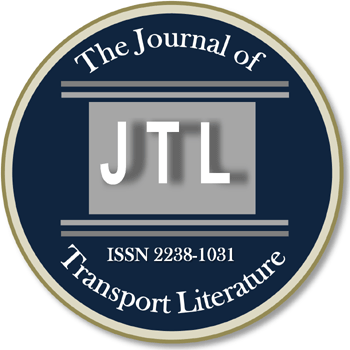There is an apparent inefficiency in the workings of the primary bus operators in New Delhi. The paper focuses on labor inefficiency and compares the compensation schemes offered to the conductors of the two major bus operators in Delhi- Delhi Transport Corporation (DTC) and Delhi Integrated Multi-Modal Transit System (DIMTS). Such a study which compares the labour efficiency, and incentive schemes offered by these two primary bus services has not been done before. The results from the interview of bus conductors of DTC and DIMTS are used to establish the presence of moral hazard. The wide literature on the principal-agent problem is then examined, to find a wage scheme for DTC employees, which provides adequate incentives to them to perform efficiently. Hart and Holmstrom’s (1987)Hart, O., & Holmstrom, B. (1987). The Theory of Contracts. Cambridge University Press, 71-145. non-linear wage model is suggested in this case study to eliminate the problem of moral hazard. It is also found that the wage scheme offered by DIMTS is more efficient than that of DTC.
moral hazard; optimal wage scheme; bus operators; unobservable effort; wage model

 Thumbnail
Thumbnail
 Thumbnail
Thumbnail
 Thumbnail
Thumbnail
 Thumbnail
Thumbnail
 Thumbnail
Thumbnail
 Thumbnail
Thumbnail
 Thumbnail
Thumbnail
 Source: DTC Operational Statistics, April, 2011
Source: DTC Operational Statistics, April, 2011





